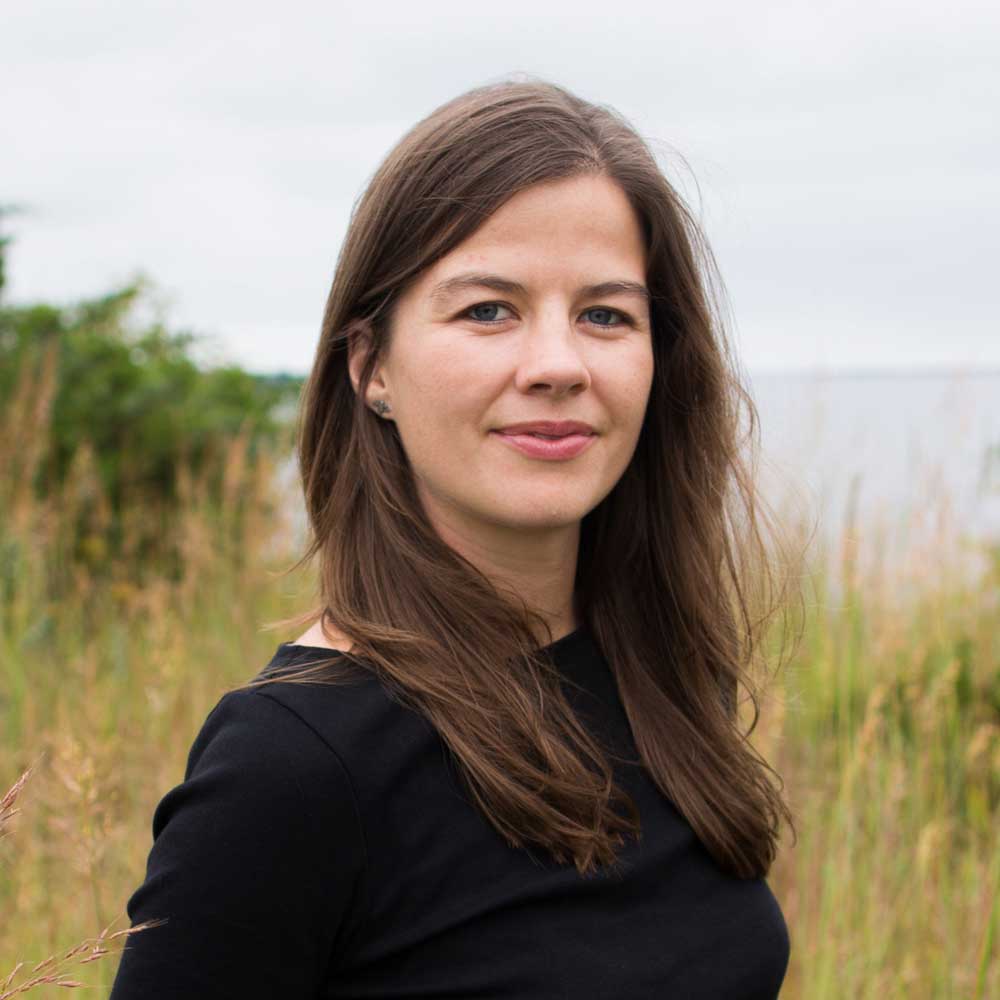Rising seas inspire book of lyric essays
Published 12:00 am Thursday, August 9, 2018

- Elizabeth Rush is an author and journalist and also teaches creative nonfiction at Brown University in Rhode Island. (Stephanie Alvarez Ewens / Submitted photo)
Rhode Island author and journalist Elizabeth Rush decided in 2014 she wanted to tell the story of the U.S. coastline’s deterioration without getting bogged down in the science. She took a more personal approach through a book of lyric essays on the subject.
Rush’s new book, “Rising: Dispatches from the New American Shore,” explores the first-person, human experiences of people living in coastal areas that are becoming more prone to flooding. She will discuss the book at an event in Bend on Tuesday.
Trending
“I went into writing the book thinking of the coast as a place where elites live in expensive waterfront property,” Rush said. “A big surprise to me in particular was that the wetlands in urban settings prone to flooding are often where lower income and working class people live.”
This realization made Rush decide to focus on places that weren’t going to receive billions of dollars for reconstruction and flood prevention solutions. She spent three years traveling to Maine, Rhode Island, Louisiana, Florida, New York, California and beyond to capture the voices of people rarely heard in discussions about climate change.
In some cases, these are coastal towns and islands where indigenous communities have traditionally lived for hundreds of years. Other communities at risk from rising water are in urban tidal wetlands that have been more recently backfilled and developed to accommodate growing populations.
Testimonial oral histories
Rush wrote “Rising” using a combination of poetic essays and testimonial oral history, inspired by Svetlana Alexievich’s book, “Voices from Chernobyl: The Oral History of a Nuclear Disaster.”
In 2012, Rush was living in New York City, writing about rising sea levels as a journalist and teaching in Staten Island. After Hurricane Sandy, she met Staten Island residents who came together to start a grass roots movement asking the state to buy and demolish their seaside homes so the land could be returned to nature and act as a buffer to storms. At a memorial service for Leonard Montalto who died in the storm, Rush met Montalto’s daughter Nicole.
Trending
“She grabbed my arm and said ‘You will help commemorate my father and carry his memory forward in this book, and I’m going to tell you the story of the night of Hurricane Sandy,’” Rush said. “She just told me the story and I recorded the whole thing, but I didn’t know what to do with it.”
“After ‘Voices from Chernobyl’ won the (2015) Nobel Prize, I discovered this genre. Suddenly, I knew Nicole’s voice had to enter into the book unmediated. I wanted to have a testimony from each of the communities in the book.”
For each testimony, Rush recorded and transcribed conversations, then edited out 90 percent of extraneous details, until she was left with what she described as “one glistening narrative.”
Exploration of vulnerability
As she traveled around the U.S., researching the impacts of rising seas on the plants, animals and people living in low-lying coastal communities. Rush was frequently surprised at the ways many of the people she interviewed responded to the risks — both physical and financial — presented by rising waters in their area.
“I went into writing about sea level rise thinking that if your house floods, and it happens more and more often, that there would be a set of rational decisions that would follow that: Raise your home on stilts or move somewhere else,” said Rush. “But people’s responses are all across the board.”
Due to their own limited finances or to the emotional and historic attachments to their homes and communities, many people are determined to stay. But others have decided retreat is the best option and begun organizing to gain support and government grants for managed retreat to higher ground.
On a higher level, “Rising” is an exploration of vulnerability and what paths people choose to avoid, escape or confront danger. At the center of the book is a chapter titled “Risk.” It presents two parallel narratives: How changes in the National Flood Insurance program affected the choices of residents in flood-prone areas, and how Rush’s own experience being sexually harassed by a colleague made her reexamine her own assumptions and perceptions of personal risk.
Oregon connections
Although Rush lives in the Northeast, she feels an affinity for Oregon, having received her bachelor’s in English from Portland’s Reed College and later spending a three-week residency at the PLAYA retreat in Summer Lake during April 2017 while working on the final stages of “Rising.”
Rush recently learned she has been selected to accompany a National Science Foundation research expedition departing in January 2019 for Antarctica’s remote Thwaites Glacier. While there, she hopes to document how the scientists’ life choices (such as whether to have children or their religious beliefs) are shaped by what they are learning about climate change.
“I’m also wondering what it means to be a woman in Antarctica and challenging that traditional narrative about going on a quest and conquering the sublime and distant land,” Rush said.








